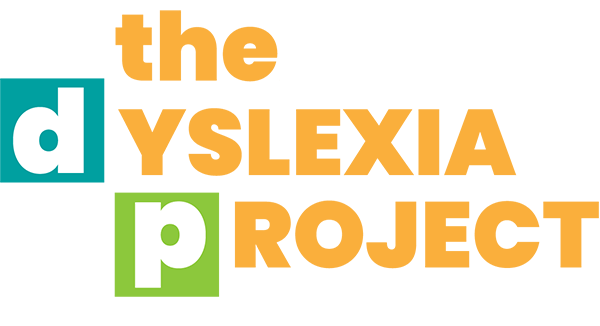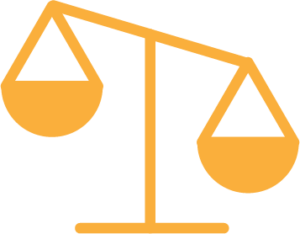
Every child deserves the right to read. This moral imperative is affected by myriad instructional and political issues that deprive them of this essential skill.
We are inspired by Maya Angelou, who stated: “Do the best you can until you know better. Then when you know better, do better.”
What we know is that literacy is foundational to success in our fast-paced, text-based world. The ability to read, write and spell does not come naturally, it must be explicitly taught. Once these essential skills are learned, they must be practiced until competence develops.
Experts say several skills must be acquired in order to become a competent reader, including Phonemic awareness, Phonics, Fluency, Vocabulary and Comprehension. However, far too few students receive this kind of comprehensive instruction and, through no fault of their own, far too many of them find the window of opportunity closed before they get to third grade. Lacking sufficient reading skills, they suffer academically as well as emotionally, which often result in negative outcomes for the rest of their lives.
Parents who have the financial means and the understanding of this complex set of circumstances are able to make up the difference by paying for tutoring as well as providing experiences to support their children’s strengths and develop their self-esteem. Those who don’t have the means miss out. Too many live in a generational cycle of deprivation and lack of opportunity.
We embrace the belief that every child, no matter their income level, zip code or the education level of their parents, has the right to learn to read. And we acknowledge the scientific research that proves how individuals are taught makes all the difference. We are committed to developing an informed culture of literacy in our schools and in our communities to provide equal opportunity to every child.
The Four Pillars of Literacy
Each and every child, teenager and adult deserves the right to read, write and spell; to develop their skills to participate in the community and attain their personal dreams.

LITERACY iS
- Essential
- Empowerment
- Confidence
- Creativity
- Explicitly Taught
- Potential Fulfilled
- A Key to Success
- A Matter of Equity
- A Social Justice Issue
- A Moral Imperative
- A Community Effort
- A Civil Right
FOR EVERYONE




